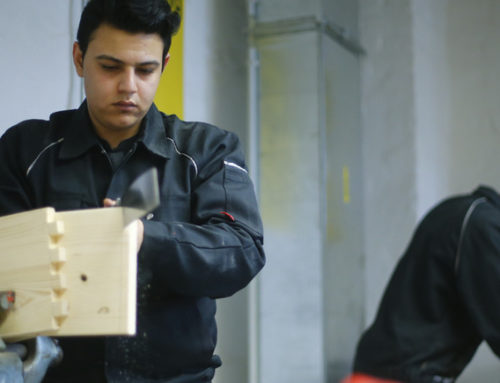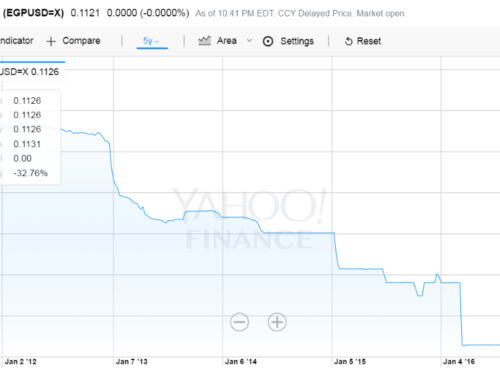Back to writing! My latest for Foreign Policy: Transitions.
Two years!
It’s been two years since Ben Ali packed his suitcase along with the passwords to his foreign bank accounts and fled, in extremis, the wrath of the courageous people of Tunisia, leaving behind some incredibly tacky trinkets and a country in need of fundamental rebuilding — but which first had to discover the full extent of the damage done.
And until now, Tunisia still has not finished this process of “discovering.”
Last week, the revolutionary flag-bearer blog Nawaat published a long investigation [Fr, Ar] regarding a possible paramilitary apparatus connected to the ruling Ennahda party. The week prior, two teenagers were arrested for (gasp!) kissing in public. On the evening of January 13, unknown criminals set fire to the famous mausoleum of religious cleric Sidi Bou Said in the historic and touristic city of the same name, burning it to the ground. Shortly thereafter, a group of extremists were arrested in another Tunisian suburb for setting fire to a similar mausoleum.
The government reaction to the criminal vandalism was delayed more than 24 hours. When President Marzouki finally made his way to the bereft town — on the eve of the January 14 anniversary of the revolution that brought him to power — he was met by a small and angry crowdchanting “Dégage!” (“Go Away!”) — the same chant from 2011.
Another debate raging in Tunis concerns the Leagues for the Protection of the Revolution, an umbrella organization borrowing its name and legitimacy from the neighborhood protection committees that citizens had set up to guard their neighborhoods during the high time of the upheaval two years ago. Now a large segment of the population suspects the Leagues of acting as the Ennahda party’s enforcers. After earlier calling for the dissolution of the Leagues, President Marzouki met with them on Saturday, reiterating, as he did in an interview Monday night, that “violence is a red line” not to be crossed.
These are but a few examples of the societal and political schisms Tunisians are grappling with. Religious extremists are not a good thing to have in a country where the state no longer has a monopoly to exercise violence (an essential precondition for government).
Tunisia today is not where it hoped to be in January of 2011. This is what happens, however, when high expectations meet the cold reality of politics. Nothing changes that quickly.
The mood on Bourguiba Avenue in Tunis is, according to friends, less festive than it was a year ago. This year’s celebrations were dominated by political parties, and seemed more like people trying to convince themselves and others that celebration was justified.
And yet justified it is. Tunisia is unequivocally better off. Freedom of expression is the obvious example, but even the political transition is advancing steadily. Negotiations on the new constitution are well under way and the Constitutional Assembly will soon deliver a draft. This week marked a new step in internet liberalization, with a new amendment no longer requiring internet providers to operate through the governmental Tunisian Internet Agency (ATI), the regulatory body once in charge of internet censorship.
Perhaps, as Marc Lynch wrote for FP, difficulties and disappointments are inevitable in the transition phase. A reality check is needed — in respect to expectations as well as to the political process. The nation that seemed so united two years ago is now divided by a deep political gulf; so perhaps co-habitation is the most likely prospect, not seamless unity. Writing from Cairo, I am sending the warmest wishes to all my friends in Tunis. And I can tell them that, if anything, they are doing much, much better than we are here.




